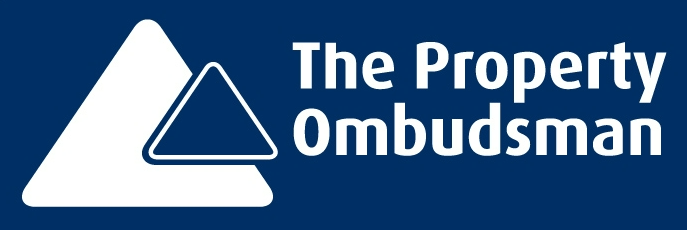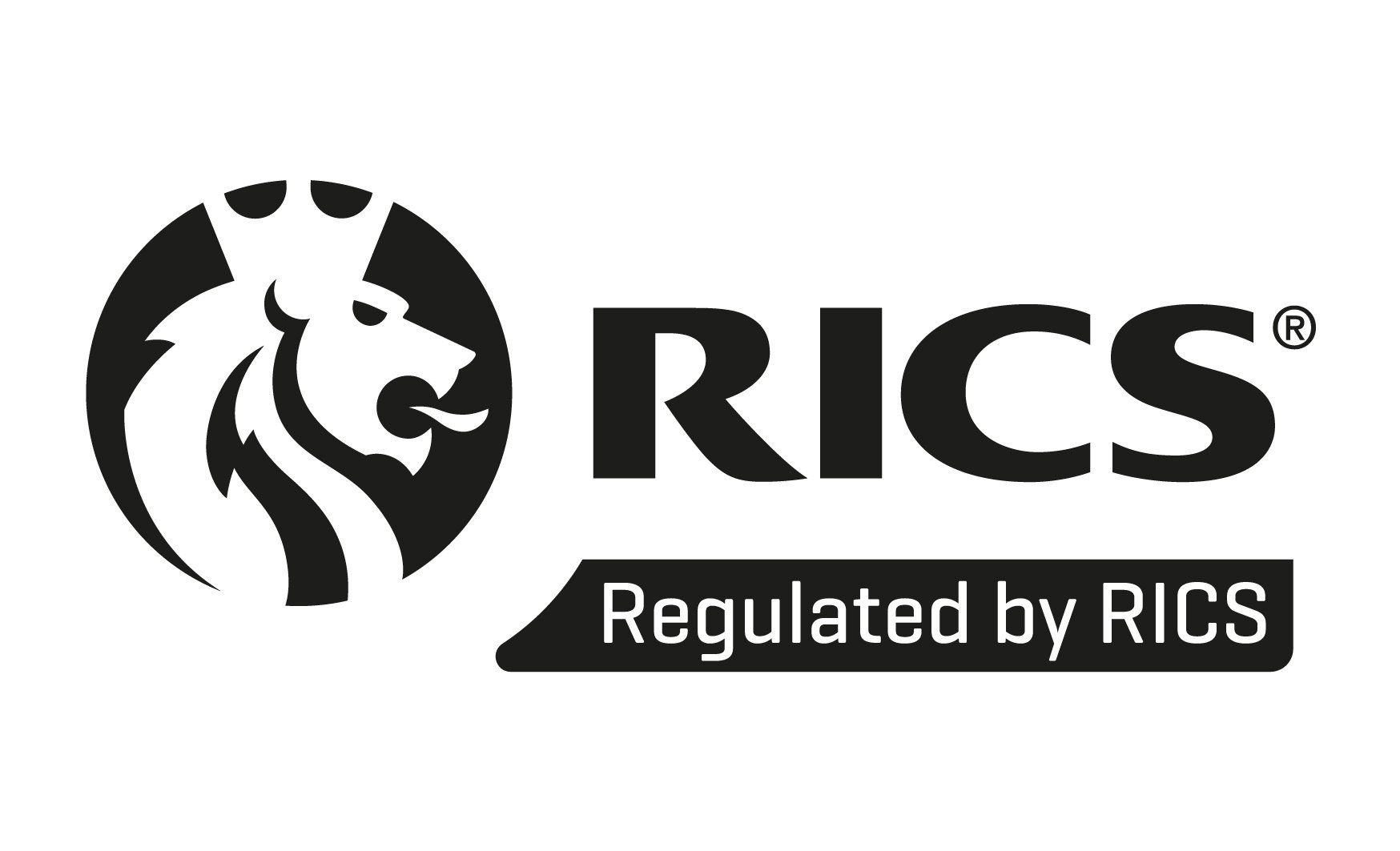Japanese knot weed
Keep an eye out for Japanese knot weed
The invasive and aggressive nature of Japanese knot weed means that owning a property with an infestation of this plant can make it non-mortgageable. A study conducted by the Swansea University Research reported that one out of every four properties tested in Wales had evidence of the weed. Furthermore, the rhizome (root) system of the plant is resilient and able to regenerate & spread at a quick rate, often making it difficult to control. It is important for property owners to take swift action if they find this weed growing on their land. There are various methods available in its control, such as spot herbicide treatment or excavation/burning; however, professional help should always be sought during eradication attempts so as not to risk accidentally spreading the weed further.


